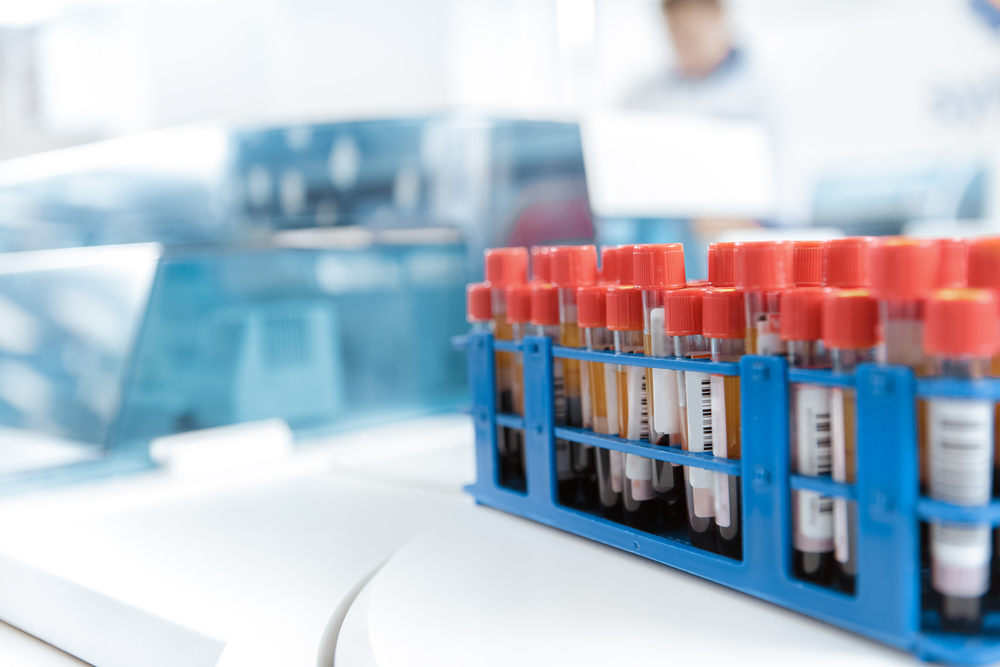When it comes to our overall well-being, the thyroid gland plays a pivotal role, influencing numerous bodily functions. Monitoring its function is crucial in maintaining optimal health. In this comprehensive guide, we delve into the depths of thyroid function testing, shedding light on its significance, procedures, and interpretation.
Table Of Content
- What is Thyroid Function Test
- What is the Function of the Thyroid Gland
- Use of Thyroid Gland
- Symptoms of Thyroid Disorder
- What Blood Tests are Used to Check Thyroid Function
- Normal Range of Thyroid Hormone in a Healthy Individual
- Guidelines to Follow Before, During, and After the Thyroid Function Test
- Conclusion
What is Thyroid Function Test
A thyroid function test (TFT) is a series of blood tests conducted to evaluate the functionality of the thyroid gland. These tests measure the levels of specific hormones produced by the thyroid gland, namely thyroxine (T4) and triiodothyronine (T3), as well as thyroid-stimulating hormone (TSH) produced by the pituitary gland.
What is the Function of the Thyroid Gland
The thyroid gland is a butterfly-shaped organ located in the neck, responsible for controlling a number of body processes. Its primary function is to produce hormones that control metabolism, energy levels, body temperature, heart rate, and weight. The hormones produced by the thyroid gland directly influence nearly every cell and organ in the body, making it essential for overall health and well-being.
Use of Thyroid Gland
The thyroid gland is a vital component of the endocrine system, responsible for producing hormones that regulate metabolism and maintain the body's equilibrium. These hormones play a pivotal role in controlling how the body uses energy derived from food, ensuring proper growth and development, and regulating various physiological processes.
Symptoms of Thyroid Disorder
A dysfunctional thyroid gland can lead to an array of symptoms, ranging from subtle to severe. Common symptoms of thyroid disorders include unexplained weight changes, fatigue, muscle weakness, hair loss, dry skin, sensitivity to cold or heat, irregular menstrual periods, and mood swings. If left untreated, thyroid disorders can significantly impact overall health and quality of life.
What Blood Tests are Used to Check Thyroid Function
Several blood tests are utilized to assess thyroid function accurately. These include:
TSH (Thyroid-Stimulating Hormone) Test
Measures the level of TSH , which stimulates the thyroid gland to produce T4 and T3 hormones.
Free T4 Test
Evaluates the level of free thyroxine (T4) hormone circulating in the bloodstream.
Free T3 Test
Assesses the level of free triiodothyronine (T3) hormone , which is the active form of thyroid hormone.
Thyroid Antibody Tests
Detects the presence of antibodies that may indicate autoimmune thyroid disorders such as Hashimoto's thyroiditis or Graves' disease.
Normal Range of Thyroid Hormone in a Healthy Individual
Understanding the normal range of thyroid hormones is essential for interpreting thyroid function test results accurately. The typical reference ranges for thyroid hormones in healthy individuals are as follows:
TSH: 0.4 to 4.0 milliunits per liter (mU/L)
Free T4: 0.8 to 1.8 nanograms per deciliter (ng/dL)
Free T3: 2.3 to 4.2 picograms per milliliter (pg/mL)
It's important to note that reference ranges may vary slightly between different laboratories, so it's crucial to consult with a healthcare professional for interpretation.
Guidelines to Follow Before, During, and After the Thyroid Function Test
To ensure accurate thyroid function test results, certain guidelines should be followed:
Before the Test
Disclose any medications, supplements, or medical issues to your healthcare professional. Some medications and supplements may interfere with thyroid function test results, so your healthcare provider may advise temporary cessation before the test.
During the Test
The thyroid function test typically involves a simple blood draw procedure. Follow any instructions provided by your healthcare provider , such as fasting requirements or specific timing for the test.
After the Test
You can get back to your regular activities after the blood sample is taken. Results usually take a few days to process, and your healthcare provider will interpret the results and discuss them with you during a follow-up appointment.
Conclusion
Testing thyroid function is crucial for assessing the health and functionality of the thyroid gland, which plays a vital role in regulating metabolism and maintaining overall well-being. By understanding the significance of thyroid function testing, recognizing symptoms of thyroid disorders, and following guidelines for testing, individuals can take proactive steps towards managing their thyroid health effectively. Remember, early detection and treatment of thyroid disorders can lead to better outcomes and improved quality of life. Always consult with a healthcare professional for personalized guidance and recommendations regarding thyroid function testing and management. If you're in need of a thyroid function test, consider choosing ASTO Labs for reliable and accurate results.






